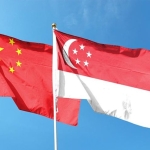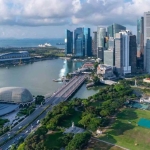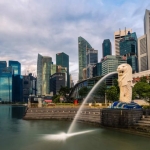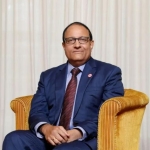
Singapore has followed China’s footsteps and banned private tutoring for core school subjects, such as English, mathematics, science, and mother tongue languages.
The ban aims to reduce the academic stress and inequality among students, and to improve the quality and efficiency of the public education system. However, the ban has also sparked mixed reactions and consequences, as it affects the students, parents, tutors, and schools in different ways.
The Rationale and Benefits of the Ban
The ban on private tutoring is based on the rationale that the public education system in Singapore is sufficient and comprehensive enough to meet the learning needs and goals of the students, and that there is no need for additional or supplementary lessons outside the school. The ban is also intended to benefit the students, parents, and schools in various aspects, such as:
- Reducing the academic stress and pressure on the students, who can have more time and space to pursue their interests, hobbies, and passions, and to develop their holistic and well-rounded personalities.
- Reducing the financial burden and anxiety on the parents, who can save money and resources that would otherwise be spent on private tutoring, and who can trust and rely on the public education system to provide quality and equitable education for their children.
- Improving the quality and efficiency of the public education system, which can focus on enhancing its curriculum, pedagogy, and assessment, and on addressing the gaps and weaknesses in the students’ learning outcomes and performance.
The Challenges and Drawbacks of the Ban
The ban on private tutoring, however, also poses some challenges and drawbacks for the students, parents, tutors, and schools, such as:
- Limiting the choices and options for the students, who may have different learning styles, paces, and needs, and who may benefit from personalized and customized tutoring that caters to their strengths and weaknesses.
- Limiting the opportunities and income for the tutors, who may have invested time, money, and effort in building their careers and reputations in the private tutoring industry, and who may face difficulties in finding alternative or compatible jobs or sources of income.
- Creating some loopholes and risks in the implementation and enforcement of the ban, which may lead to some violations or abuses, such as underground or illegal tutoring, bribery or corruption, or unfair or fraudulent practices.
Keep Reading
The Implications and Ramifications of the Ban
The ban on private tutoring has significant implications and ramifications for the country’s social and economic development, as well as for its regional and global competitiveness and reputation. The ban could have some positive and negative effects, such as:
- Promoting a more balanced and harmonious society, where the students are not divided or discriminated against by their academic achievements or abilities, and where the education system is more inclusive and accessible for all.
- Promoting a more innovative and creative society, where the students are encouraged and empowered to explore and discover their talents and potentials, and where the education system is more flexible and adaptable to the changing needs and demands of the world.
- Challenging a more competitive and meritocratic society, where the students are expected and pressured to excel and succeed in their academic pursuits, and where the education system is more rigorous and demanding in its standards and expectations.


























